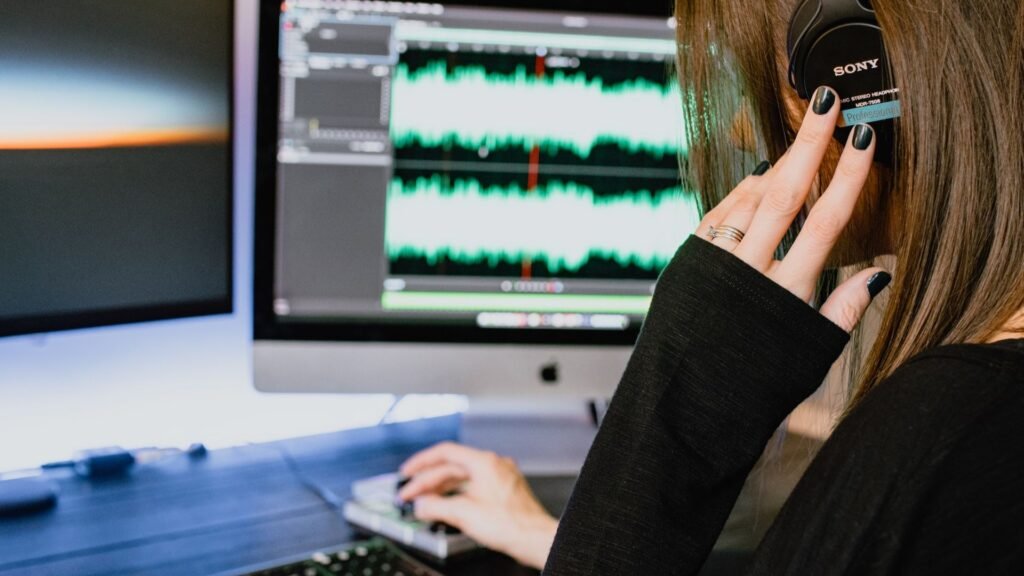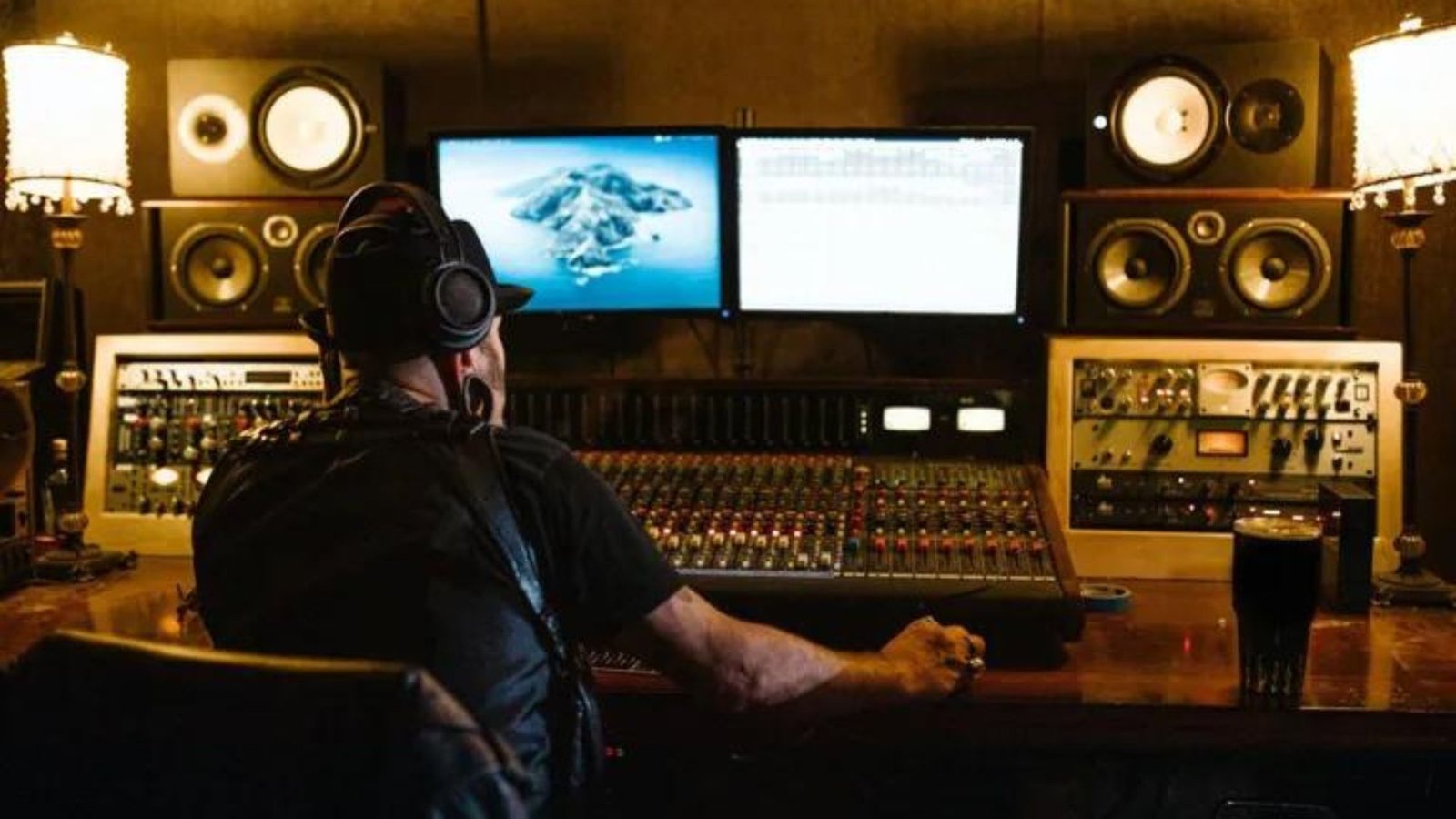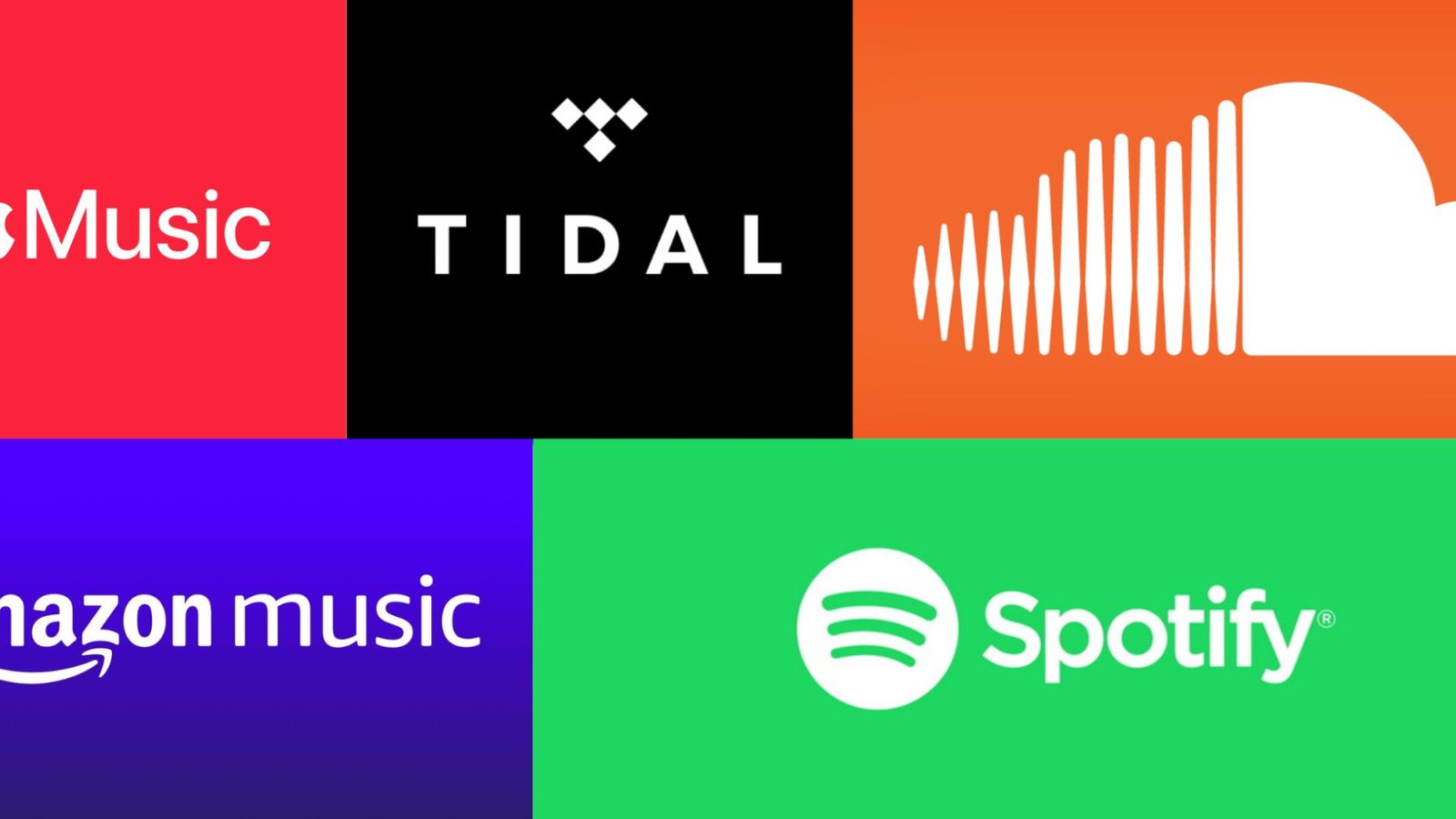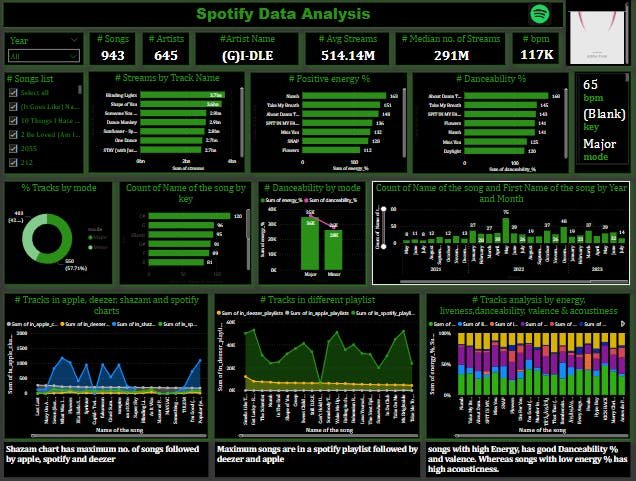Technology has dramatically transformed the way music is produced, recorded, and consumed. From sophisticated software to cutting-edge hardware, advancements in technology are reshaping the music production landscape. In this blog post, we’ll explore how technology is changing music production, focusing on the latest innovations and their impact on the industry.

Digital Audio Workstations (DAWs)
Revolutionizing the Recording Process
Digital Audio Workstations (DAWs) have revolutionized music production by providing comprehensive software platforms for recording, editing, and mixing music. These tools have made it easier for both professionals and amateurs to create high-quality music from virtually anywhere.
Key Features
- Multitrack Recording: DAWs allow for simultaneous recording of multiple tracks, enabling complex arrangements and layered sounds.
- Virtual Instruments and Effects: Built-in virtual instruments and effects offer a wide range of sounds and textures without needing physical equipment.
Popular DAWs
- Ableton Live: Known for its user-friendly interface and powerful live performance capabilities.
- FL Studio: Offers extensive loop-based production and intuitive workflow.
Advancements in Recording Equipment
Innovative Hardware
Modern recording equipment has seen significant advancements, improving both the quality and accessibility of music production. New technologies in microphones, audio interfaces, and studio monitors enhance recording precision and sound quality.
Examples
- High-Resolution Audio Interfaces: New audio interfaces provide higher fidelity and lower latency, improving recording and playback quality.
- Condenser Microphones: Modern condenser microphones offer better sensitivity and clarity, capturing vocals and instruments with greater detail.
Artificial Intelligence (AI) in Music Production
AI-Driven Tools
Artificial Intelligence (AI) is making its mark on music production by assisting with composition, mixing, and mastering. AI tools analyze vast amounts of data to provide suggestions and automate tasks, making the production process more efficient.
Applications
- AI Composition Tools: Platforms like Amper Music and AIVA use AI to generate original compositions based on user inputs and preferences.
- AI Mastering Services: Services like LANDR use AI algorithms to automatically master tracks, providing a polished sound without the need for a professional engineer.
Virtual and Augmented Reality (VR/AR)
Enhancing the Creative Process
Virtual and Augmented Reality (VR/AR) technologies are introducing new ways to interact with music production tools. These immersive technologies offer innovative ways to visualize and manipulate sound.
Innovations
- VR Music Studios: VR environments allow producers to create and interact with virtual studio setups, offering a novel approach to music production.
- AR Music Apps: Augmented reality apps can overlay digital instruments and effects onto the real world, providing a new layer of creativity and control.
Cloud-Based Collaboration
Facilitating Remote Work
Cloud technology has made it easier for musicians and producers to collaborate remotely. Cloud-based platforms enable real-time sharing and editing of music projects, breaking down geographical barriers.
Benefits
- Real-Time Collaboration: Tools like Google Drive and Dropbox allow multiple users to access and edit music projects simultaneously.
- Accessible Backups: Cloud storage ensures that music projects are securely backed up and accessible from any location.
Advanced Music Production Software
Enhancing Creativity
The latest music production software offers advanced features that expand creative possibilities. These tools include sophisticated sampling, sequencing, and synthesis capabilities.
Examples
- Native Instruments Kontakt: A powerful sampler that provides extensive libraries of sounds and instruments.
- Spectrasonics Omnisphere: A versatile synthesizer known for its wide range of sounds and complex synthesis options.
Mobile Music Production Apps
Producing on the Go
Mobile technology has enabled music production on the go, with a range of apps available for smartphones and tablets. These apps provide a portable solution for composing, recording, and editing music.
Popular Apps
- GarageBand: An intuitive app for iOS devices that offers a range of virtual instruments and recording features.
- FL Studio Mobile: A mobile version of the popular DAW that allows for on-the-go music production.
Enhanced Music Analytics
Data-Driven Decisions
Technology is also impacting the music industry through enhanced analytics. Music analytics tools provide valuable insights into listening habits, audience engagement, and market trends.
Uses
- Streaming Data Analysis: Services like Spotify for Artists offer detailed analytics on song performance, listener demographics, and engagement metrics.
- Trend Forecasting: Analytics tools help predict upcoming trends and inform marketing strategies for music releases.
Conclusion
In summary, technology is profoundly changing music production through innovations in Digital Audio Workstations (DAWs), recording equipment, Artificial Intelligence (AI), Virtual and Augmented Reality (VR/AR), cloud-based collaboration, advanced software, mobile apps, and music analytics. These advancements are making music production more accessible, efficient, and creative. By embracing these technological changes, musicians and producers can explore new possibilities and enhance their craft in exciting ways.




